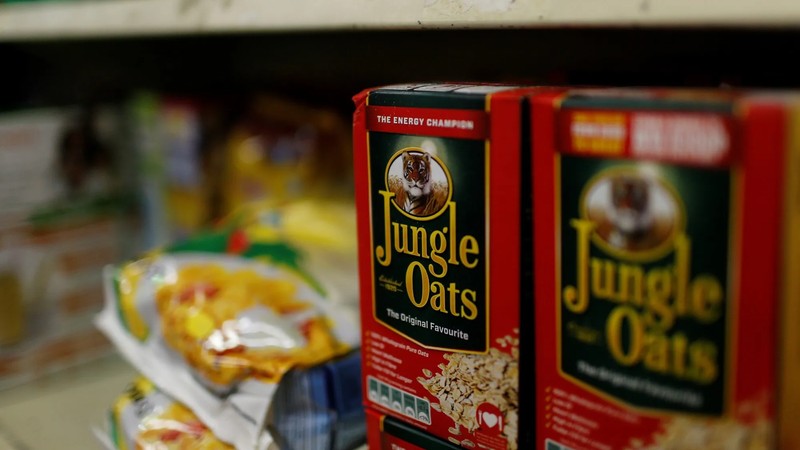Lessons from Tiger Brands on Building Trust in Consumer Goods

Lessons from Tiger Brands on Building Trust in Consumer Goods. Tiger Brands, South Africa’s largest food producer, has a storied history that offers valuable insights into building and maintaining consumer trust in the competitive consumer goods sector. From its humble beginnings in 1921 as a family-owned business in Newtown, Johannesburg, Tiger Brands has evolved into a household name, synonymous with quality and reliability.
Commitment to Quality and Innovation

A cornerstone of Tiger Brands’ success is its unwavering commitment to product quality. The company emphasizes that maintaining a reputation for quality is crucial, especially during challenging economic times. Instead of compromising on quality, Tiger Brands adapts by offering products in various pack sizes and strategic promotions, ensuring accessibility without sacrificing standards.
Innovation also plays a pivotal role. By continuously evolving its product offerings to meet changing consumer preferences, Tiger Brands keeps its brand relevant and trusted. This adaptability demonstrates a proactive approach to consumer needs, fostering long-term loyalty
Ethical Sourcing and Governance
Building consumer trust extends beyond product offerings; it encompasses the entire supply chain. Tiger Brands’ Ethical Sourcing Policy reflects a commitment to working with suppliers to build a sustainable future anchored in sound governance. This policy mitigates supply chain risks and reinforces consumer and stakeholder trust.
Strategic Expansion and Market Penetration

Understanding and serving diverse markets have been instrumental in Tiger Brands’ growth. The company’s recent expansion into South African townships exemplifies this strategy. By increasing its presence in underserved areas, Tiger Brands not only taps into new revenue streams but also builds trust within these communities by making products more accessible.
Resilience Through Challenges
Tiger Brands’ journey hasn’t been without obstacles. The company’s ability to navigate challenges, such as market fluctuations and operational hurdles, showcases resilience. By maintaining transparency and upholding its core values during tough times, Tiger Brands reinforces consumer trust and sets an example for effective crisis management.
Clear Vision and Purpose
A defined vision and purpose guide Tiger Brands’ operations. The company’s vision to be the most admired consumer goods company in and from Africa, coupled with its purpose to nourish and nurture more lives every day, provides a clear framework for decision-making and brand positioning.
Actionable Insights for Entrepreneurs
- Prioritize Quality: Never compromise on product quality. Consumers associate quality with trustworthiness, and maintaining high standards is essential for brand loyalty.
- Embrace Innovation: Stay attuned to market trends and be willing to adapt. Innovation keeps your brand relevant and meets evolving consumer needs.
- Ethical Practices: Implement ethical sourcing and transparent governance. Consumers are increasingly valuing sustainability and ethical responsibility
- Strategic Growth: Identify and expand into underserved markets thoughtfully. Understand the unique needs of these communities to build trust and loyalty.
- Resilience and Transparency: Be prepared to face challenges with resilience. Transparent communication during crises can strengthen consumer trust.

Tiger Brands’ century-long journey illustrates that building trust in the consumer goods industry requires a blend of quality commitment, ethical practices, strategic innovation, and resilience. Aspiring entrepreneurs can draw from these lessons to cultivate brands that not only succeed but also stand the test of time.




